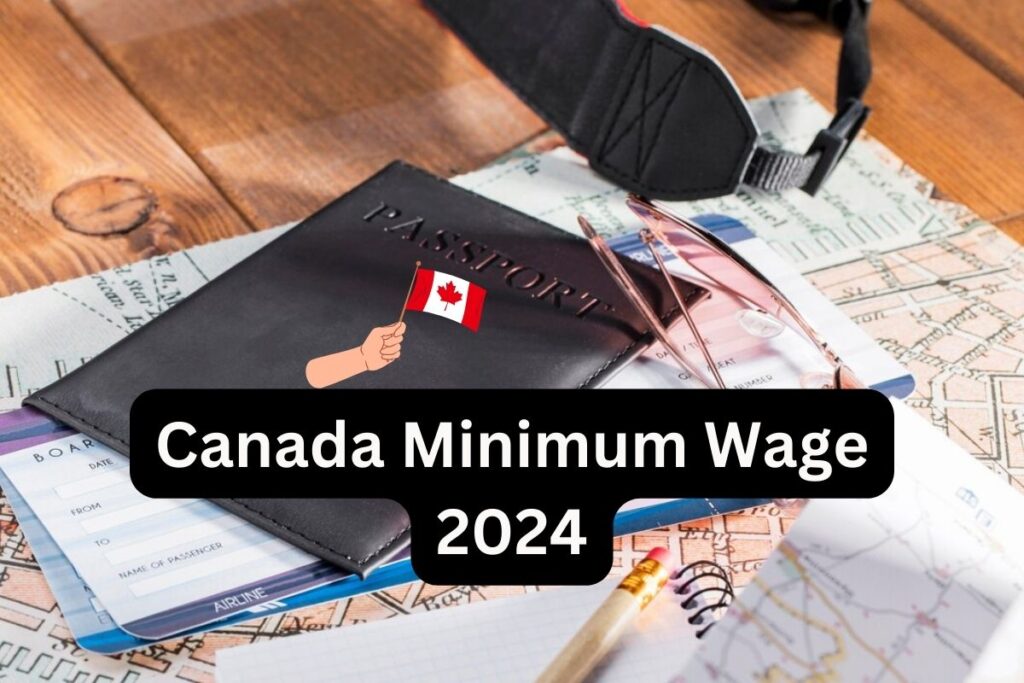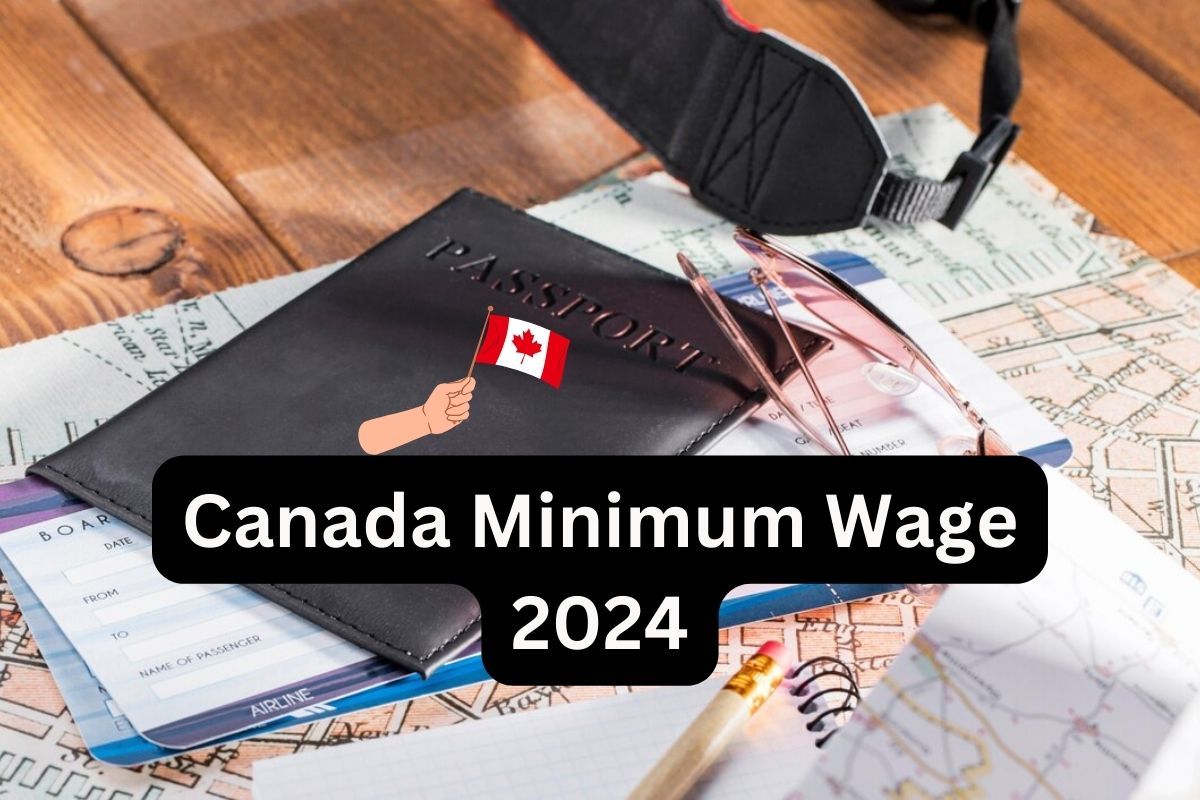Canada Minimum Wage 2024 Update: Discover the most recent insights regarding Canada’s minimum wage scenario, including province-specific salary rates for 2024. This article examines many facets of the Canadian minimum wage system, such as federal and provincial rules and recent modifications.
- Canada Minimum Wage 2024 Update
- Provincial Minimum Wage Variations
- Province-Wise Minimum Wage Rates in Canada for 2024
- Detailed Provincial Minimum Wage Rates
- Future Prospects and Additional Information
- FAQs
- Q1. What is the federal minimum wage in Canada for 2024?
- Q2. Which Canadian province has the highest minimum wage in 2024?
- Q3. Are there different minimum wage rates for students or other specific job categories in Canadian provinces?
- Q4. Will there be any changes to the minimum wage rates in Canadian provinces in 2024?
Canada Minimum Wage 2024 Update
The minimum wage in Canada is the lowest hourly compensation that is legally permissible. The federal government establishes a federal minimum wage, while each province has the ability to determine its own rates. The federal minimum wage is particularly applicable to employees working in federally regulated industries, and it can be changed in response to economic and other relevant variables.
As of April 1, 2023, the federal minimum wage is $16.65 per hour. This rate, set by the Government of Canada, is subject to change and is available through the official Minimum Wage Database.
Provincial Minimum Wage Variations
Minimum wage rates vary per province in Canada, with some remaining steady in recent years and others being changed on a regular basis. Alberta, for example, has kept its rate at $15 per hour since June 26, 2019, while Nunavut’s rate has been stable at $16 per hour since April 1, 2020. It’s worth noting that if a provincial or territorial minimum wage surpasses the federal rate, the higher salary applies to workers in that jurisdiction. Furthermore, some jurisdictions may have different salary rates for specific occupational categories.
Province-Wise Minimum Wage Rates in Canada for 2024

Below is a breakdown of the hourly minimum wage rates throughout Canadian provinces and territories:
- Yukon: $16.77
- Saskatchewan: $14 (rising to $15 on October 1, 2024)
- Alberta: $15
- Manitoba: $15.30
- British Columbia: $16.75
- Quebec: $15.25
- Prince Edward Island: $15
- Nunavut: $16
- Ontario: $16.55
- Northwest Territories: $16.05
- New Brunswick: $14.75
- Newfoundland and Labrador: $15
- Nova Scotia: $15
Detailed Provincial Minimum Wage Rates
Each province has its own wage system, which frequently includes varying rates for general workers, students, salespeople, domestic helpers, and others. For example:
- Alberta: Alberta’s general minimum wage is $15 per hour, with variances for students and salespeople.
- Saskatchewan: Set to rise from $14 to $15 per hour in October 2024.
- Ontario: The general minimum wage is $16.55 per hour, with variable rates for students and those who work from home.
- Prince Edward Island: Increases are scheduled for 2024, with the hourly rate climbing to $16 by October.
- Nunavut, Quebec, Nova Scotia, Northwest Territories, Newfoundland and Labrador, British Columbia, Manitoba, and New Brunswick: All have separate effective dates and rates, which are detailed in the article.
Future Prospects and Additional Information
Several provincial governments are considering significant hikes in minimum wage rates in the future years. Yukon currently has the highest provincial hourly wage, at $16.77. In addition to conventional hourly salaries, some provinces have set overtime wage rates.
For the most extensive and up-to-date information on minimum wages in each Canadian province, visit the provincial government’s authorized web portals. This ensures access to current rates, future plans, and special conditions that apply to different job types.
FAQs
Q1. What is the federal minimum wage in Canada for 2024?
Ans 1: Canada Minimum Wage will be $16.65 per hour on April 1, 2023.
Q2. Which Canadian province has the highest minimum wage in 2024?
Ans 2: According to the most recent data, Yukon has the highest provincial minimum wage, at $16.77 per hour.
Q3. Are there different minimum wage rates for students or other specific job categories in Canadian provinces?
Ans 3: Yes, several provinces have various minimum wage rates for students, salespeople, domestic workers, and other occupations. For example, in Alberta, the student minimum wage is $13 per hour.
Q4. Will there be any changes to the minimum wage rates in Canadian provinces in 2024?
Ans 4: Yes, numerous provinces have planned increases. For example, Saskatchewan’s minimum wage will increase to $15 per hour on October 1, 2024.

